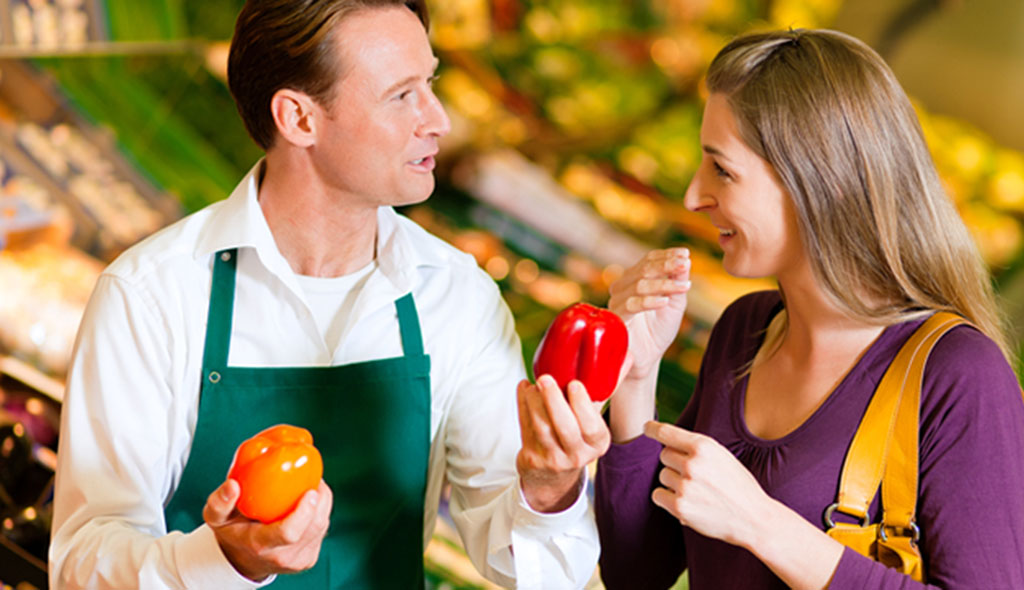When it comes to natural, we can say that the first thought that comes to mind is a product that is not human touched and contains no raw materials and additives. Humanity has been fed with products grown with organic farming for centuries and they continued animal husbandry and similar activities with pure and natural materials.
People who used to be in agriculture and its cultures used to breed, hunt and produce themselves. Nowadays, when the factory touches the hand, the chemistry of each product has deteriorated and the yield, product quality and natural perception have been almost zeroed. Turkey away from the naturalness especially in recent years, was packed foods consume too much. People buy food and animal products without any research and reading their labels correctly. According to the researches, the rate of purchasing unnatural products has increased by 2002 times since 2.
Even if there is a positive difference in the natural product consumption rate with the advice and directions of important health researchers, nutrition and diet experts, people continue to be fed with inorganic products and use such products. As a matter of fact, when this situation takes place, this culture becomes a habit, and with the imposition of the fast and urban life of people whose social environment is changing, it finds itself a place in the artificial world independently.
When we look at Western and other Asian countries, it is possible to say that “organic marketing” is pure and pure for the natural product perception of people living in foreign countries. Europeans are purchasing their own organic farming places for growing natural products and they are very sensitive to their products. The idea that some deadly virus-bearing diseases in European countries have been caught with unnatural products may be the father of this idea. When looking at the statistical data, 13 to 17 percent of the households living in the European continent buy natural products. While using the product labels, he uses special devices and lives in cooperation with the nutritionist. Europeans think that when it comes to natural products, products such as cheese, bread, butter, vegetables, fruits and eggs should be natural.
According to the food and agriculture regulations in Europe, it is forbidden to write “natural and organic” phrases on the products without the permission of the state, and those who do this work irregularly are punished. In addition, the items imported to the country are carefully selected and products that are not certified are not used.
People prefer natural products even for their usage areas. Tables made especially using bamboo trees, home appliances used in different areas of houses and many other places such as natural products are included.
Is Every Section Really “Natural” in European Countries?
According to body and health research on people, as well as news from the visual and print media, the vast majority of Europe also struggles with obesity. Frequent consumption of packaged foods and sedentary lifestyle are among the causes of this disease.
Products with additives consumed unconsciously in Europe disrupt the quality of life of the fast food nutrition culture. Although some authorities direct people to home made and hand made products in foreign countries, not everyone shows the same direction.
In some parts of Europe, natural and ecological farming concepts are common terms used to protect people's own physical and environmental health. However, on the contrary, some circles cannot stand out from the inorganic perception.
Finally, although the perception of natural life and product in the minds of people in European countries has become the philosophy of life in general, some groups do not seem to have adopted the concept of natural for different reasons.




